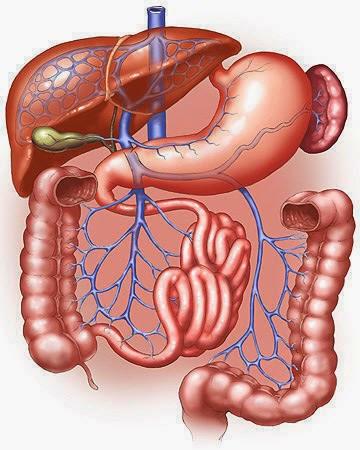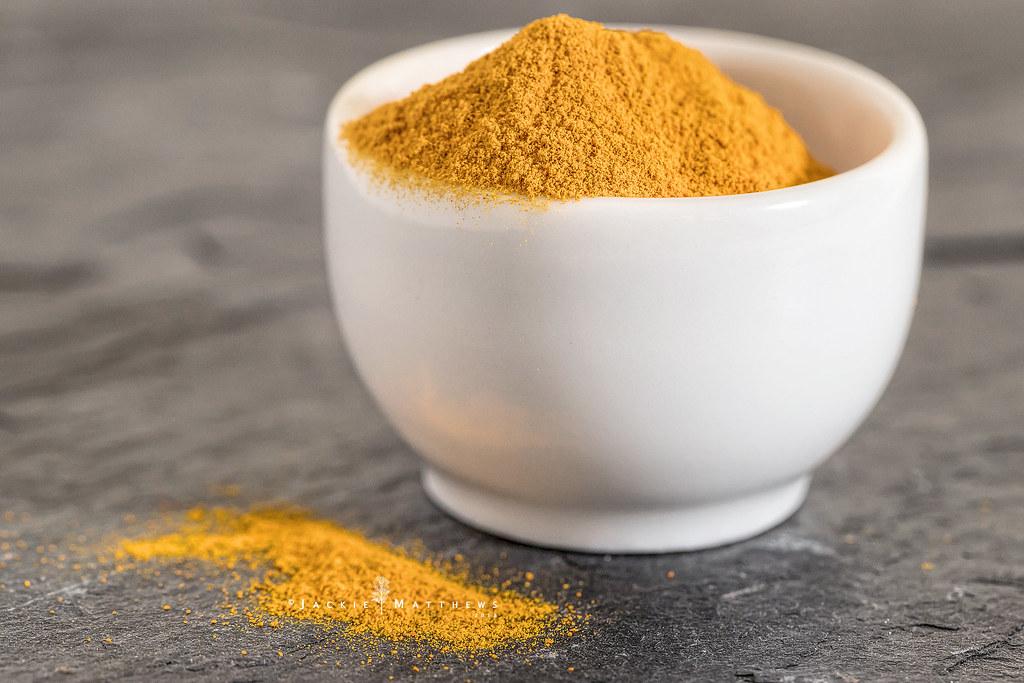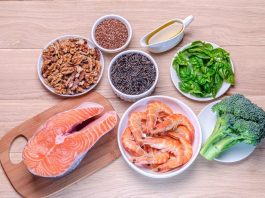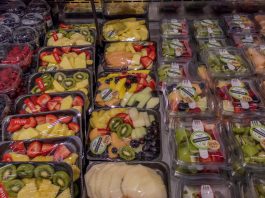Inflammation is a natural response of the body, a mechanism designed to protect us from harm and facilitate healing. However, when inflammation becomes chronic, it can lead to a host of health issues, from joint pain to digestive problems and even chronic diseases. If you’re reading this, chances are you’re looking for ways to manage inflammation through dietary choices. You’re not alone in this journey, and the good news is that adopting an anti-inflammatory diet can be a powerful step towards improving your well-being. In this article, we’ll explore the best tips for following an anti-inflammatory diet plan, providing you with practical, easy-to-implement strategies to help you nourish your body and reduce inflammation. Whether you’re just starting out or looking to refine your approach, these tips will offer guidance and support on your path to better health.
Understanding the Basics of Inflammation and Your Diet
Inflammation is a natural response of the body’s immune system to injury or infection. However, chronic inflammation can lead to various health issues such as arthritis, heart disease, and even cancer. One way to combat this is through your diet. By focusing on anti-inflammatory foods, you can help reduce inflammation and improve your overall health.
- Include More Omega-3 Fatty Acids: Found in fatty fish like salmon and sardines, as well as in flaxseeds and walnuts, omega-3s are known for their anti-inflammatory properties.
- Incorporate Antioxidant-Rich Foods: Berries, leafy greens, and nuts are packed with antioxidants that fight oxidative stress and reduce inflammation.
- Spice It Up: Ingredients like turmeric and ginger have potent anti-inflammatory effects. Add them to your meals to not only enhance flavor but also to support your health.
| Food | Anti-Inflammatory Benefit |
|---|---|
| Turmeric | Contains curcumin, a powerful anti-inflammatory compound |
| Salmon | Rich in omega-3 fatty acids |
| Blueberries | High in antioxidants |
By making small changes to your diet, you can significantly impact your body’s inflammatory response. Remember, it’s about consistency and incorporating a variety of these foods into your daily meals. Listen to your body, and adjust as needed to find what works best for you.

Identifying Anti-Inflammatory Foods to Include in Your Meals
Incorporating foods that combat inflammation can be a delicious and rewarding journey. These foods not only help in reducing inflammation but also boost overall health and well-being. Below are some key foods to consider integrating into your meals:
- Leafy Greens: Spinach, kale, and Swiss chard are packed with antioxidants and vitamins. Try adding them to salads, smoothies, or stir-fries.
- Berries: Blueberries, strawberries, and raspberries are rich in anti-inflammatory compounds. Enjoy them as a snack, in yogurt, or as a topping for oatmeal.
- Fatty Fish: Salmon, mackerel, and sardines are excellent sources of omega-3 fatty acids. Consider grilling or baking them for a healthy meal.
- Nuts: Almonds and walnuts provide healthy fats and fiber. A handful can make a great snack or a crunchy salad topping.
- Turmeric: This spice contains curcumin, known for its anti-inflammatory properties. Use it in soups, stews, or as a seasoning for roasted vegetables.
| Food | Key Nutrient | Suggested Use |
|---|---|---|
| Leafy Greens | Antioxidants | Salads, Smoothies |
| Berries | Vitamins C & K | Snacks, Yogurt Topping |
| Fatty Fish | Omega-3s | Grilled, Baked |
| Nuts | Healthy Fats | Snack, Salad Topping |
| Turmeric | Curcumin | Soups, Stews |
Remember, it’s not just about what you eat but also how you balance your meals. Combining these anti-inflammatory foods with a variety of other nutritious ingredients can help you create meals that are both healing and satisfying.

Creating Balanced Meal Plans to Support Your Health
Designing a meal plan that reduces inflammation involves choosing foods rich in nutrients while avoiding those that may trigger inflammatory responses. A thoughtful approach is to include a variety of foods that provide a spectrum of vitamins, minerals, and antioxidants. Consider incorporating a colorful array of fruits and vegetables, such as berries, leafy greens, and cruciferous vegetables like broccoli and Brussels sprouts. These foods are known for their anti-inflammatory properties and can help in balancing your diet effectively.
- Whole grains like quinoa, brown rice, and oats can provide essential fiber and nutrients without causing spikes in blood sugar.
- Healthy fats from sources such as avocados, nuts, seeds, and olive oil are beneficial for reducing inflammation and supporting overall health.
- Lean proteins including fish, chicken, and plant-based options like lentils and chickpeas help maintain muscle mass and repair tissues.
| Food Category | Anti-inflammatory Options |
|---|---|
| Fruits | Blueberries, Oranges |
| Vegetables | Spinach, Kale |
| Proteins | Salmon, Tofu |
| Fats | Almonds, Flaxseed |
Mindful preparation and portion control are key elements in maintaining a balanced diet. Try to cook meals using gentle methods such as steaming, baking, or grilling to preserve the nutritional integrity of the ingredients. Seasoning with herbs and spices like turmeric and ginger not only adds flavor but also enhances the anti-inflammatory benefits of your meals. Remember, a balanced meal plan is not just about what you eat, but also how you enjoy your food. Take time to savor your meals, as mindful eating can improve digestion and promote a healthier relationship with food.

Practical Tips for Sustaining an Anti-Inflammatory Lifestyle
Adopting an anti-inflammatory lifestyle involves more than just adjusting your diet; it requires a holistic approach to maintain long-term benefits. Start by incorporating mindful eating habits. Pay attention to what you eat, savor each bite, and recognize when you’re full. This practice not only aids digestion but also helps in identifying foods that might trigger inflammation.
- Prioritize whole foods: Focus on fruits, vegetables, lean proteins, and whole grains. These foods are rich in antioxidants and nutrients that help combat inflammation.
- Stay hydrated: Water plays a critical role in flushing out toxins and keeping your body systems running smoothly. Aim for at least 8 glasses a day.
- Limit processed foods: Foods high in sugar, trans fats, and refined carbohydrates can exacerbate inflammation. Opt for healthier alternatives when possible.
| Food | Benefits | Suggestions |
|---|---|---|
| Blueberries | Rich in antioxidants | Add to smoothies or yogurt |
| Salmon | High in omega-3 fatty acids | Grill with herbs |
| Spinach | Loaded with vitamins | Sauté with garlic |
Remember, consistency is key. Gradually integrate these changes into your daily routine, and give yourself grace as you adjust. Embracing an anti-inflammatory lifestyle is a journey, not a sprint, so take it one step at a time.




